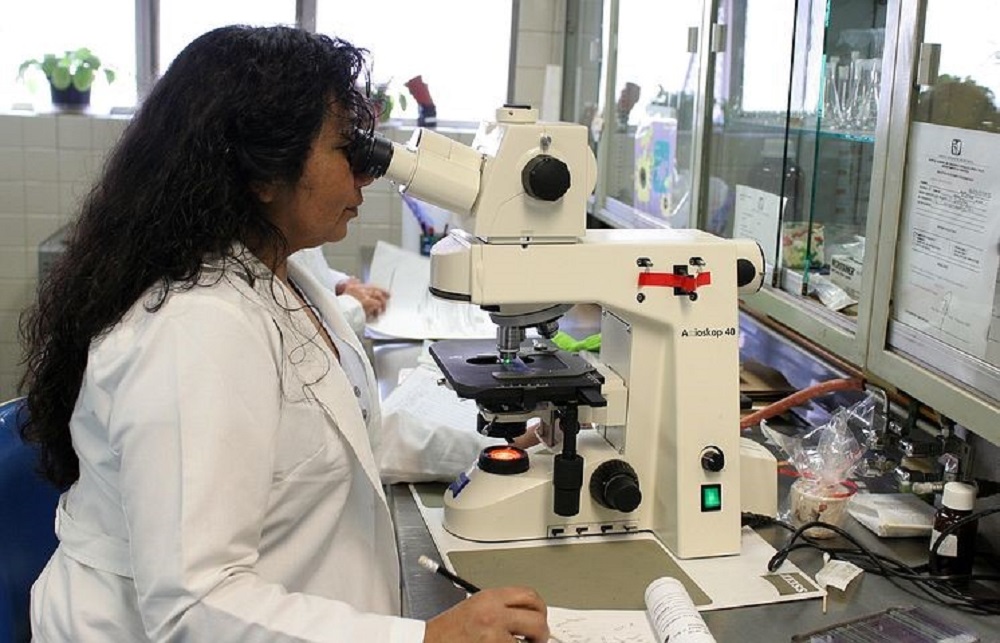6 Benefits of Studying Pharmaceutical Science
The profession of pharmacy mainly includes the production and dispensation of prescribed medicines. Pharmaceutical science involves chemistry and pharmaceutics, and various other specialized courses. The pharmacist, also known as a chemist, is a health care professional who specialises in spreading awareness regarding different types of medications and therapeutic options. Also, pharmacists do not just know about medicines, but also about their utilization and harmful consequences. In simple words, pharmacists are healthcare professionals who work in a pharmacy. They may recommend over-the-counter treatments or medicines and can deliver drugs or prescriptions that have been prescribed or approved by a doctor. Pharmacists are classified into several categories, such as community pharmacists, hospital pharmacists, and many more. Additionally, pharmaceutical science has been here, since the beginning of medicine. And as the medical industry extended, so does the role and value of a pharmacist. Pharmacists by their expertise in prescribing medication, play an important role in helping patients get better. Not to mention, over the past few decades, the pharmaceutical industry has been through an evolution.
Since pharmaceutical science is such an explicit science, there is plenty of need for qualified pharmacists. With the emergence of more healthcare facilities and growth in the healthcare industry, the need for employable pharmacists has become even more urgent. Both, the hospital and the retail branch of the healthcare industry require pharmacists for the patients’ treatment. While some students may hesitate to take on this profession, there are certainly numerous advantages to pursuing a career in pharmaceutical science, if you take a course from the best pharmacy college in Bangalore.
Here are 6 benefits of studying pharmaceutical science:
It Gives Opportunity to Help People Get Well
Pharmacists play an important role in helping patients to get better and feel well as soon as possible. And undoubtedly, patients do best when pharmacists are part of the healthcare team, as pharmacists are the pharmaceutical specialists. Pharmacists progress with medication adherence. They are competent healthcare providers who communicate effectively to assess different factors that affect a patient’s ability to take medications. These factors include diet, lifestyle, transportation, language barriers, and many more.
It Helps You Work Directly with Patients
Be it in ambulatory settings or community settings, pharmacists are accessible in all healthcare settings. Pharmacists can see patients at suitable times every day of the week, even without an appointment. Also, they are licensed to provide immunizations in all states. Also, many allow student pharmacists to render pharmacy services under the supervision of a professional pharmacist. In addition to that, pharmacists give other services such as asthma care, blood pressure monitoring services, cholesterol screening, smoking cessation consultation, bone density scans for osteoporosis screening, anti-coagulation management clinics, and many more.
It Provides a Variety of Career Opportunities
With opportunities for patient care, scientific research, and innovation, pharmacy is a varied and rewarding career. Pharmacists can work in innumerable professional settings. Most pharmacists work in an autonomous or retail community of pharmacy and provide service to patients through prescription and over-the-counter (OTC) medications. Pharmacists work in various healthcare atmospheres, such as hospitals, nursing homes, care organizations, the pharmaceutical industry, colleges, and schools. Simply, pharmacists play an important role in all phases of the healthcare system.
It Provides Job Mobility, Stability, and Flexibility
Pharmacists are employed in every part of the globe. Moreover, depending on the practice setting, pharmacists may be able to institute non-traditional or part-time work hours.
It Allows You to Work with State-of-the-Art Technology
Digital innovations in pharmacy involve electronic prescriptions, robotics for central prescription processing and nationwide prescription monitoring programs, and pharmaceutical research. These technological boosts increase efficiency and help to promote patient safety. Pharmacists use this same equipment to help prioritize work, manage the dispensing process and spend more time with patients. Also, pharmacists can provide different approaches to medication management, such as therapies, identification, and analysis of issues with the aid of state-of-the-art technology.
It Provides Knowledge to Defend Against Bio-terrorism
Pharmacists are taught to recognize signs and symptoms of diseases that might be used in abiological attack. The convenience of pharmacies can be one of the possibilities for an encouraging mass immunization program in times of emergency. In an epidemic or similar situation, pharmacists are prepared to play an important role in preventing the spread of disease and supervising the delivery of appropriate and safe medications. According to the CDC, pharmacists are adorned with the required skills to improve the nation’s health and are crucial members of the healthcare department.
Therefore, to become a good and successful pharmacist, it is absolutely necessary to achieve a degree or a diploma in pharmacy from the best pharmacy college in Bangalore. So, go and get enrolled for the course of pharmacy.





